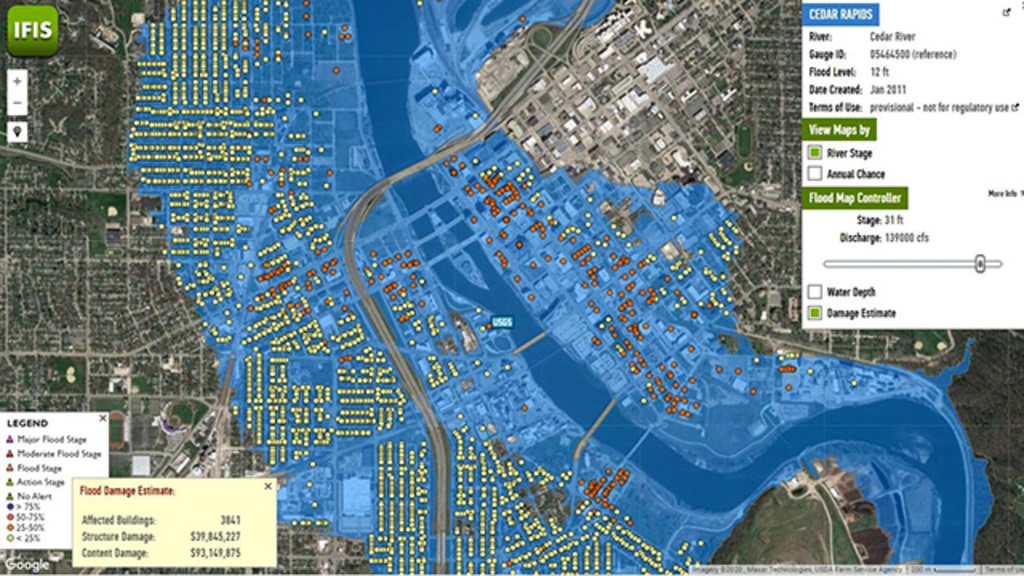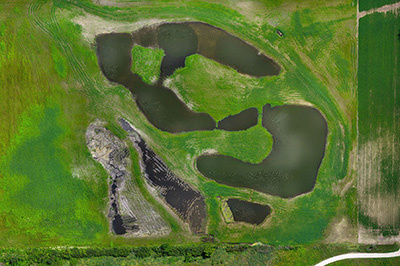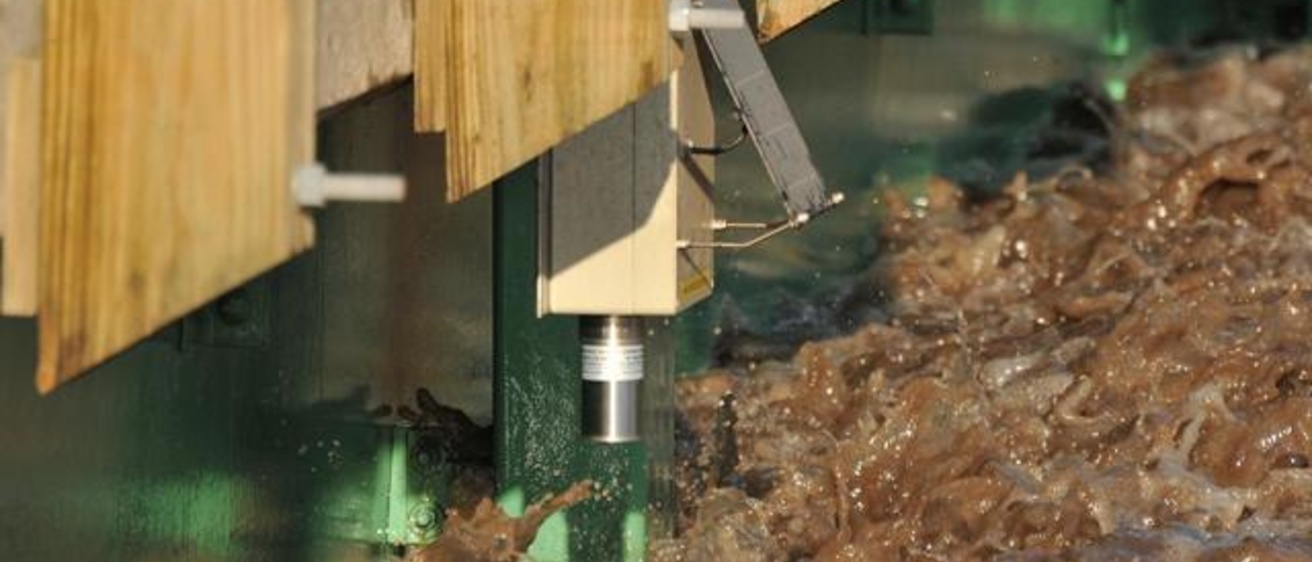The University of Iowa will be a key partner in a new $360 million center to improve the United States’ ability to predict water-related hazards and better manage its water.
Iowa will receive $21 million during the next five years as a partner in the Cooperative Institute for Research to Operations in Hydrology (CIROH), funded by the National Oceanic and Atmospheric Administration (NOAA). The national center will be led by the Alabama Water Institute at the University of Alabama. Officials announced the new national center on April 6.
Iowa’s role in CIROH will be extensive. Researchers with the Iowa Flood Center will contribute their expertise in supporting four broad themes at the center: water resources prediction capabilities; community water resources modeling; hydroinformatics (using data and computing technology to better manage water resources); and the application of social, economic, and behavioral science to water resources prediction.

More specifically, Iowa researchers, primarily through IIHR—Hydroscience and Engineering and the Iowa Flood Center (IFC), will lend years of expertise and research in hydrology and floods to support CIROH in:
- Developing and operating real-time, streamflow forecast models.
- Developing and managing large sets of flood inundation maps.
- Sharing expertise in flood monitoring, based on the IFC’s award-winning network of more than 260 stream-monitoring sensors placed in Iowa.
- Designing and operating a network of rainfall and soil moisture observations, as well as contributing expertise in radar-remote sensing of rainfall.
- Leveraging the Iowa Flood Information System, a Google maps-based web platform that communicates real-time information about river levels, flood alerts and forecasts, and water conditions for the entire state of Iowa.
“We are pleased to partner with colleagues at the Alabama Water Institute at the University of Alabama on this important initiative,” says Larry Weber, professor of civil and environmental engineering and the Edwin B. Green Chair in Hydraulics at IIHR, who will lead CIROH activities at Iowa. “It represents an important opportunity for NOAA to bring together academic expertise from across the country to address some of our nation’s most pressing water-related issues.”
Iowa Watershed Approach

Five years after the Iowa Flood Center at the University of Iowa helped the state win $97 million to address chronic flooding, the results are in: Under the guidance of regional watershed management bodies, 800 structures have been built across Iowa to reduce flooding and improve water quality.
Learn more...
The CIROH research and educational initiatives led by IIHR will build on the groundbreaking work of the IFC and the Iowa Watershed Approach, which organized the creation of regional bodies in Iowa to manage flooding and build structures to reduce flooding and improve water quality.
“IIHR’s extensive background in all aspects of water resources, including monitoring, modeling, visualization, and prediction, will make Iowa a key player in virtually all aspects of CIROH,” says Witold Krajewski, professor of civil and environmental engineering and director of the IFC.
“This is a unique opportunity for us to share the innovative models and tools developed by the Iowa Flood Center with the rest of the nation,” Krajewski adds. “It’s another way for Iowa to demonstrate leadership in the hydrologic community.”
CIROH consists of 28 academic institutions, nonprofit organizations, and government and industry partners across the United States and Canada.
“I am excited to have the University of Iowa as a key CIROH partner,” says Steven Burian, CIROH’s executive director and the Alabama Water Institute’s director of science. “IIHR’s extensive experience leading hydrologic initiatives and the IFC’s unique tools and outreach activities will go a long way toward helping to ensure CIROH’s success.”
